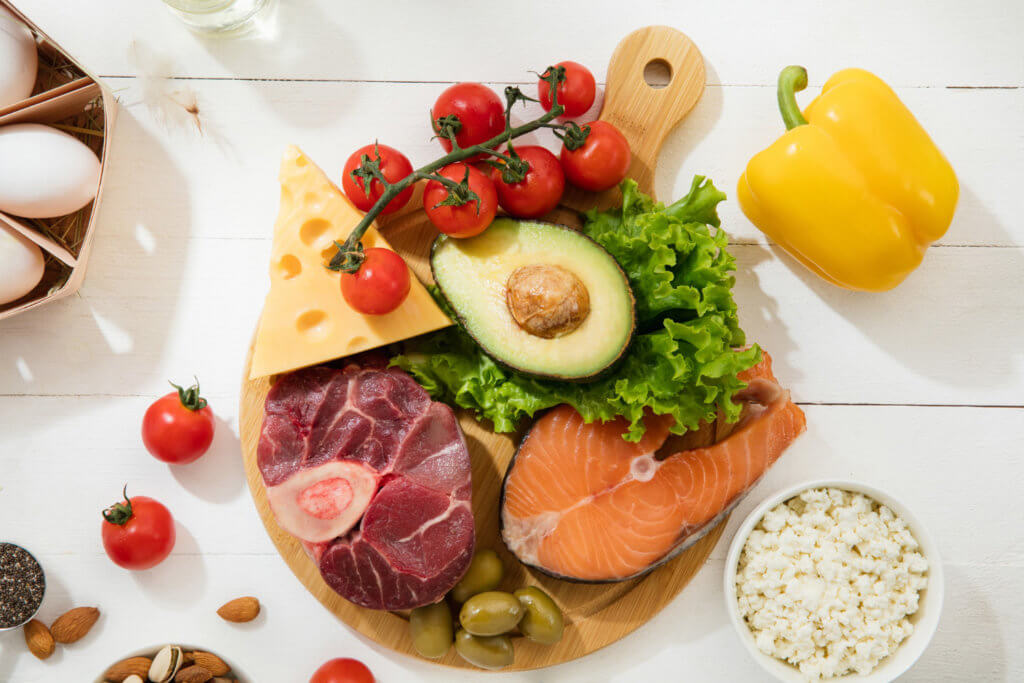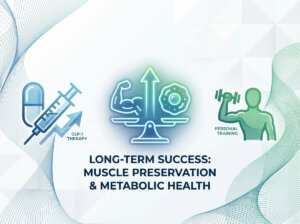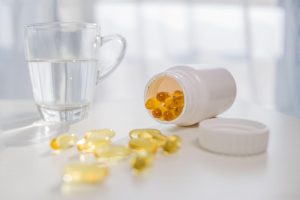As we age the bodies’ ability to hold onto muscle, bone mass, ligament & tendon structure becomes more and more difficult, this process is called sarcopenia.
From the age of 30 both men & women can lose up to 5% of muscle per decade, unfortunately also as we age our testosterone levels start to decrease with lower levels of testosterone our ability to grow muscle gets compromised.
The HSC/NHS recommend that people aged 50+ should be consuming 1.2-2.0 gr of protein per kg of bodyweight daily. Let’s put that into perspective, one medium sized chicken fillet gives you between 22-24gr of protein.
Let’s look at an average client who would come to start with us weighing 100kg and their standard diet that they have been following would be:
- Breakfast: 2 slices of toast & a small bowl of cereal
Total protein: 6gr - Lunch: a piece of fruit & a ham & cheese sandwich.
Total protein: 10gr - Dinner: potatoes, some meat & veg
Total protein: 25gr - Few biscuits, more fruit
Total protein: 3gr
So, as you can see from the above an average person over the age of 50 who weighs 100kg they should be consuming anywhere between 120gr-200gr of protein but in face they’re only getting in 44grs of protein daily.
These eating habits over a sustained period of time will result in the body trying to fight a losing battle trying to hold onto muscle.
What can you do?
- Try to consume more protein but not only that try to increase your fat intake, such fats as extra virgin olive oil, avocado, flax seeds etc, this will lead to improving your endocrine system which will help the body’s natural hormone balance to be in a better muscle building state.
- Light resistance training, either body weight exercises or using weights, resistance training has been proving time and time again to reduce necrosis (breakdown) of bone tissue as well as muscle.
- Supplementation can also play a role in slowing down the aging process, taking daily amounts of vitamin c, omega 3 & vitamin d3 have all been shown to compliment both training and the body’s hormonal balance.




